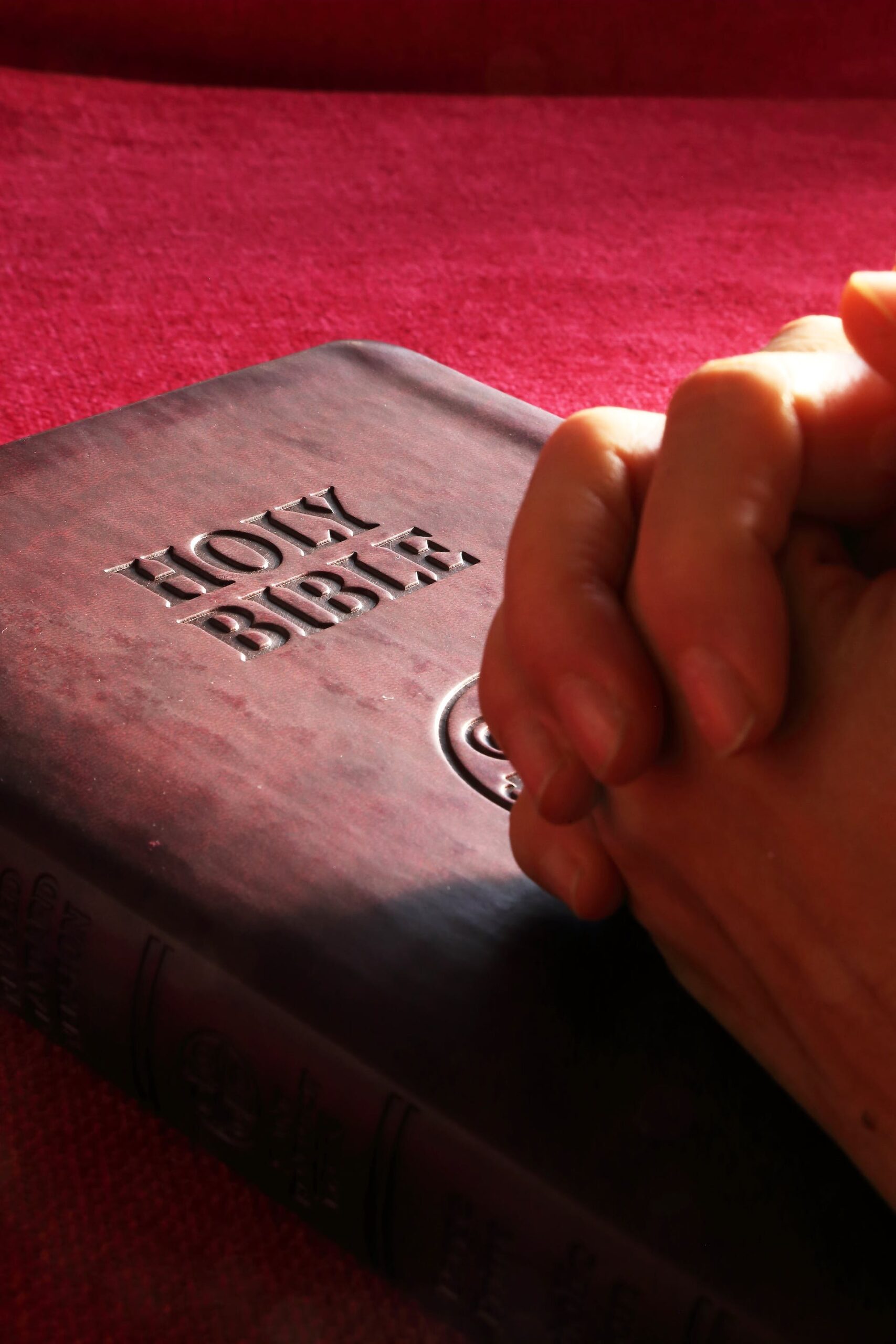Strategizing Religion-Based Decisions in Child Custody Agreements Across Georgia’s Varied Communities
In the diverse cultural milieu of Georgia, where families from varying religious backgrounds coexist, from the historic cathedrals of Savannah to the multicultural suburbs of Fulton County, addressing religion in child custody arrangements poses unique challenges. Religious upbringing is often a crucial aspect of a child’s life, and when parents hold different religious beliefs, it becomes essential to address this sensitively in custody agreements. This expanded guide delves into the complexities of incorporating religion into custody decisions, exploring legal precedents, and offering strategies for parents to navigate this delicate issue.
1. Importance of Religion in Custody Decisions
- Cultural and Emotional Significance: Religion can play a pivotal role in a child’s upbringing, shaping their cultural identity and ethical framework.
- Contentious Decision-Making: Differing religious views between parents can lead to contentious debates regarding the child’s religious upbringing.
2. Final Decision-Making Authority and Its Implications
- Awarding Decision-Making Rights: Courts may grant one parent the final decision-making authority on religious upbringing, as seen in cases like Greene v. Greene.
- Non-Interference by the Other Parent: The parent not awarded this authority must respect the decision, avoiding actions that contradict the agreed-upon religious upbringing.
3. Handling Conflicting Religious Views
- Comprehensive Discussions: Parents should engage in detailed conversations to establish explicit provisions in the custody agreement regarding religious upbringing.
- Respecting Court Orders: Violating a court’s order concerning religious decision-making can result in contempt proceedings, emphasizing the need for adherence to agreed-upon terms.
4. Religion and Other Aspects of Child Rearing
- Interplay with Education and Medical Decisions: Religion can intersect with other custody aspects, such as education and healthcare, potentially leading to disputes.
- Determining Enrollment in Religious Schools: Conflicts may arise when deciding whether a child should attend a religious school, especially if parents hold authority in different domains.
5. Crafting Clear Custody Agreements
- Specific Parameters for Decision-Making: To prevent confusion, custody agreements should clearly outline the parameters for religious decision-making.
- Balancing Parental Rights and Responsibilities: Agreements must balance both parents’ rights to influence their child’s religious upbringing while respecting the primary decision-maker’s authority.
6. Cultural Sensitivity and Diverse Family Dynamics
- Recognizing Georgia’s Cultural Diversity: Given Georgia’s cultural diversity, custody arrangements should be sensitive to varying religious practices and beliefs.
- Customization to Family Needs: Agreements should be tailored to reflect each family’s unique cultural and religious dynamics, considering the local context of counties like Cobb and Gwinnett.
7. Legal Guidance and Representation
- Role of Family Law Attorneys: Skilled legal counsel can help navigate the complexities of incorporating religious decisions into custody agreements.
- Navigating Legal and Ethical Boundaries: Attorneys can provide valuable insight into balancing legal requirements with ethical considerations in religious decision-making.
8. Co-Parenting and Religious Observance
- Shared Religious Activities: Co-parents might consider shared religious activities that respect both parents’ beliefs while providing a consistent religious experience for the child.
- Respecting Differences: Co-parents should respect each other’s religious views and work towards a harmonious arrangement that benefits the child.
9. Addressing Future Conflicts and Modifications
- Provisions for Future Changes: Custody agreements should include provisions for addressing future changes in religious beliefs or practices.
- Mediation and Conflict Resolution: In case of disputes, mediation can offer a collaborative platform to renegotiate terms related to religious upbringing.
In the evolving societal fabric of Georgia, where each family brings its unique religious and cultural background, addressing religion in child custody agreements requires a thoughtful, respectful approach. Crafting custody arrangements that consider religious upbringing while respecting both parents’ beliefs is crucial for the child’s holistic development. At Barrett Partners Group, we are dedicated to assisting families in navigating these complex decisions, ensuring that custody agreements are tailored to meet the diverse needs of Georgia’s families, and fostering a positive environment for the child’s growth and development. Our goal is to provide comprehensive legal support that harmonizes the varied aspects of religious decision-making in child custody, paving the way for balanced and respectful co-parenting arrangements.







